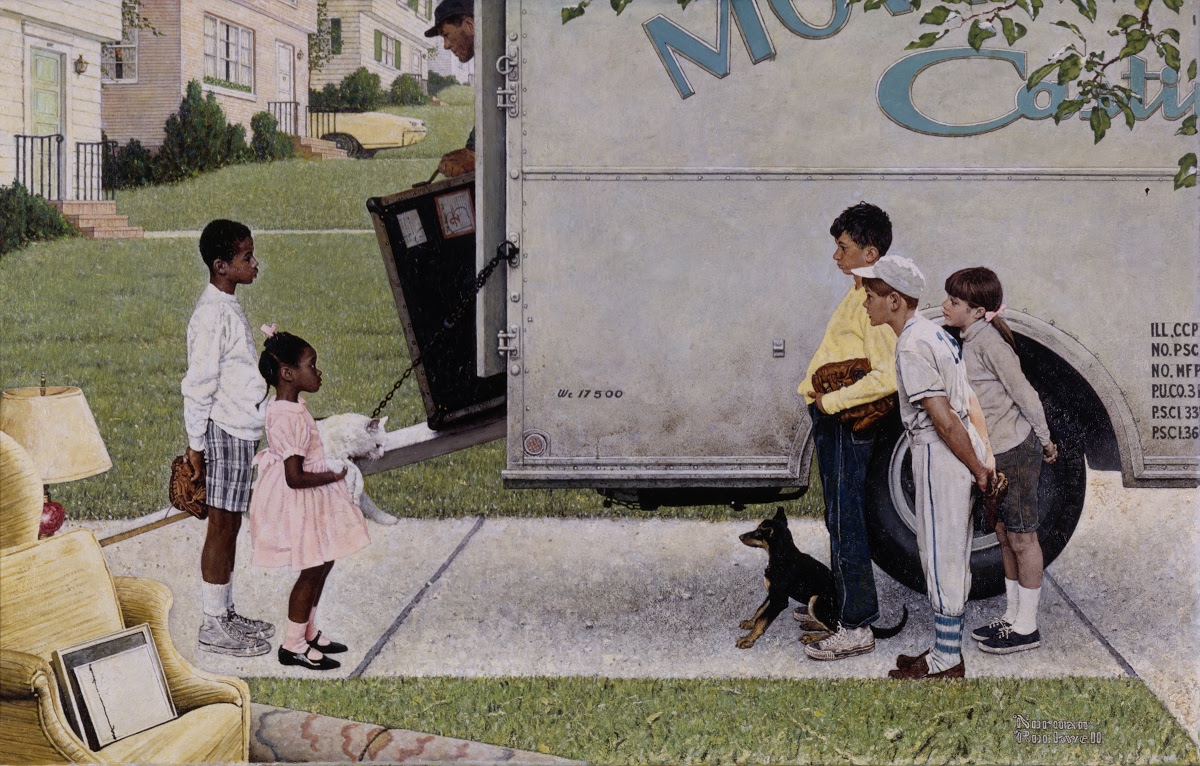
Norman Rockwell and Race in the 1960s
Norman Rockwell is often associated with the conservative, racist politics of 1950s white America. So I thought it would be nice to share some of his lesser-known antiracist work from the 1960s.
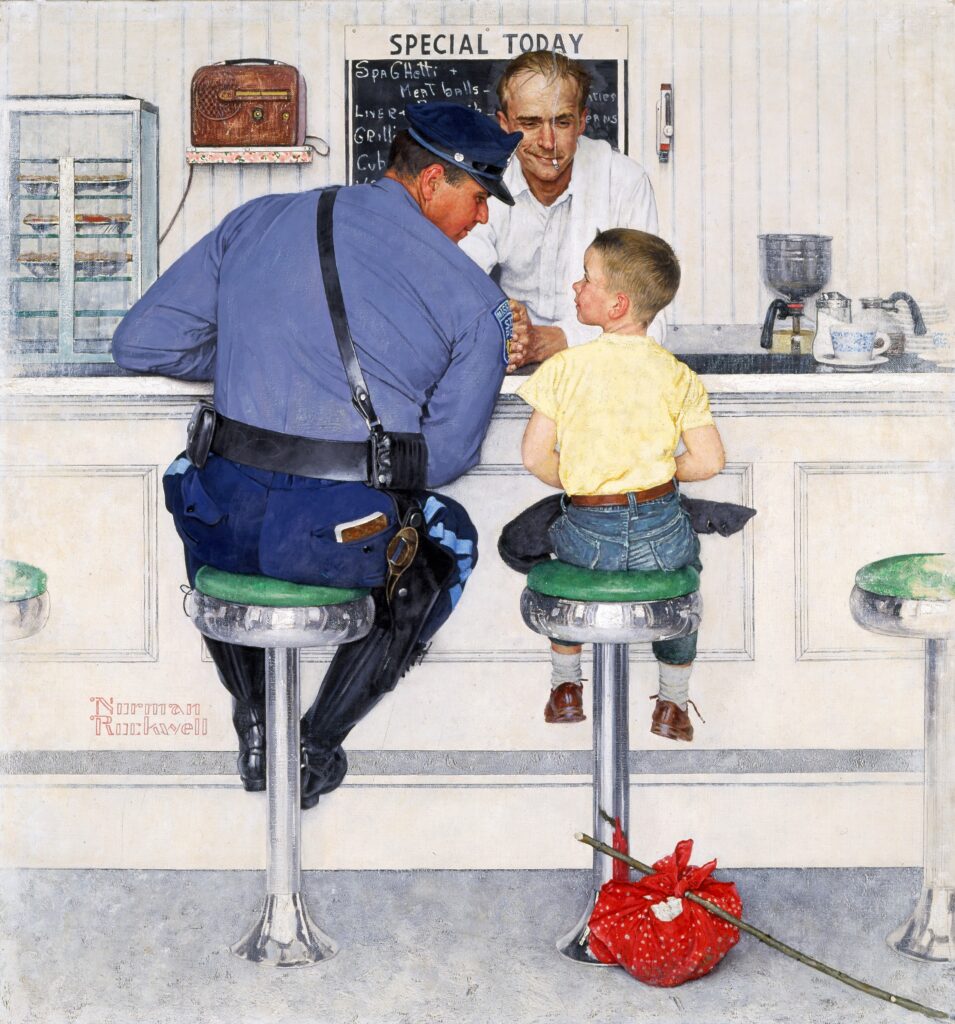
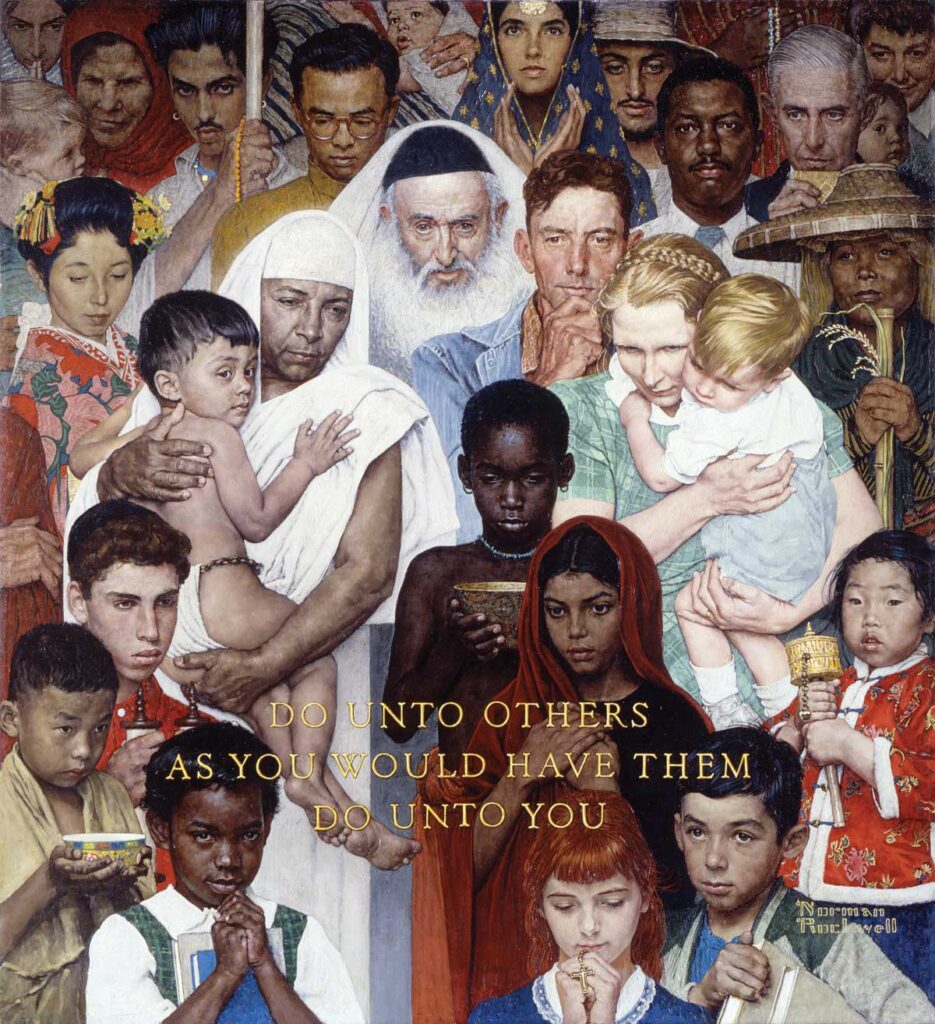
Much of his early work was subject to the racist policies of the Saturday Evening Post, where an editor told him “never to show colored people except as servants.” Here he follows that rule, while subtly subverting power dynamics.
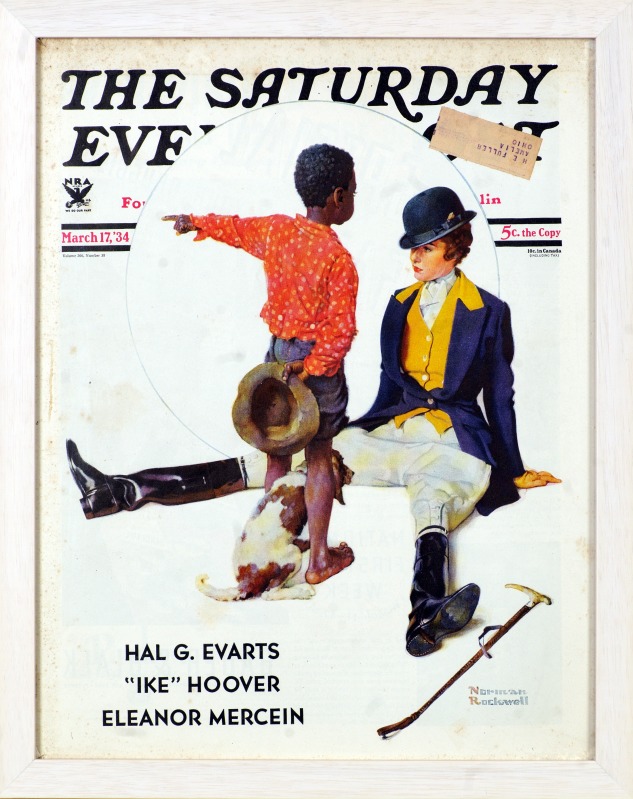
Rockwell left the Saturday Evening Post in 1963, largely over their racist policies. This was the first painting he created when he left, published in the much more progressive magazine Look.
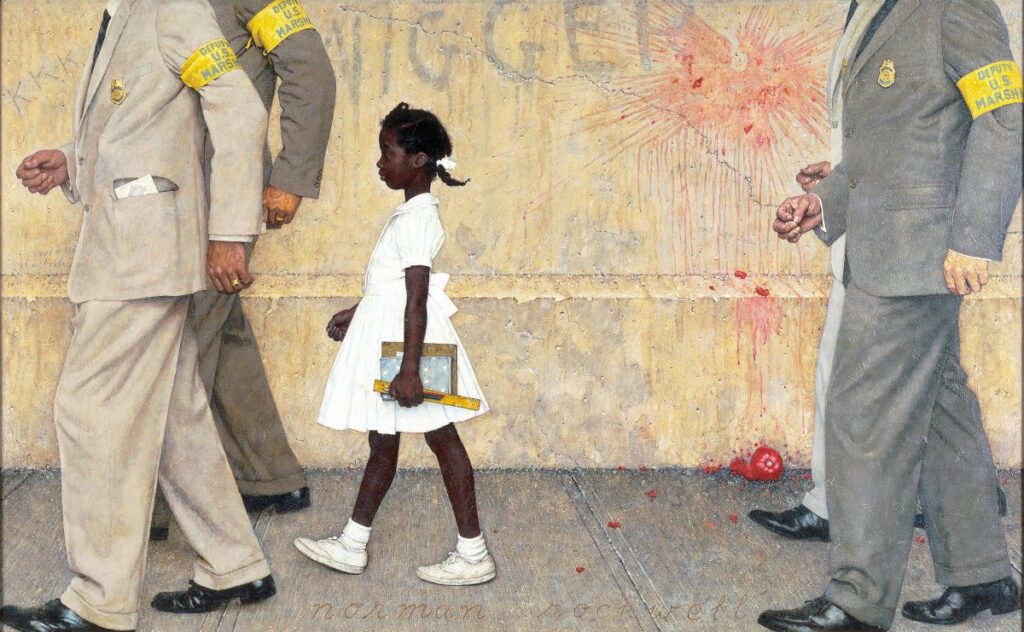
His next assignment from Look was about the murders of three civil rights activists. The magazine decided to publish his rough sketch rather than the final painting, with Rockwell agreeing that the sketch had more emotional impact.
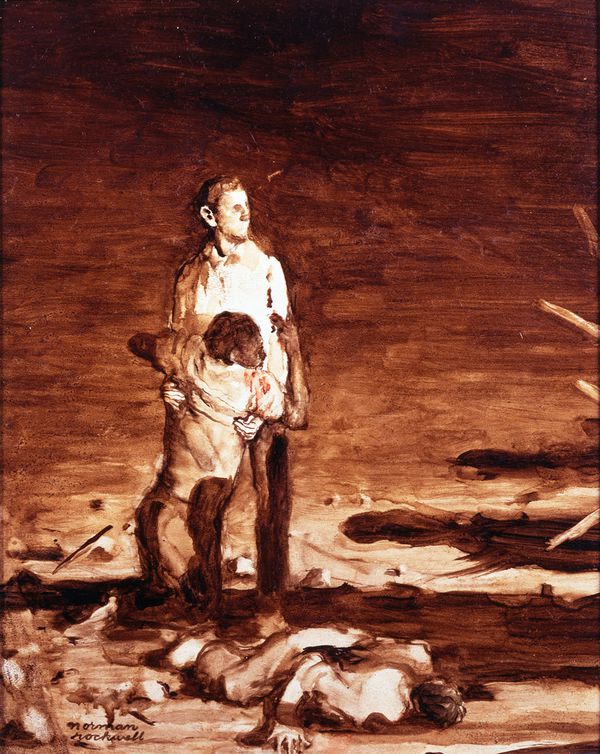
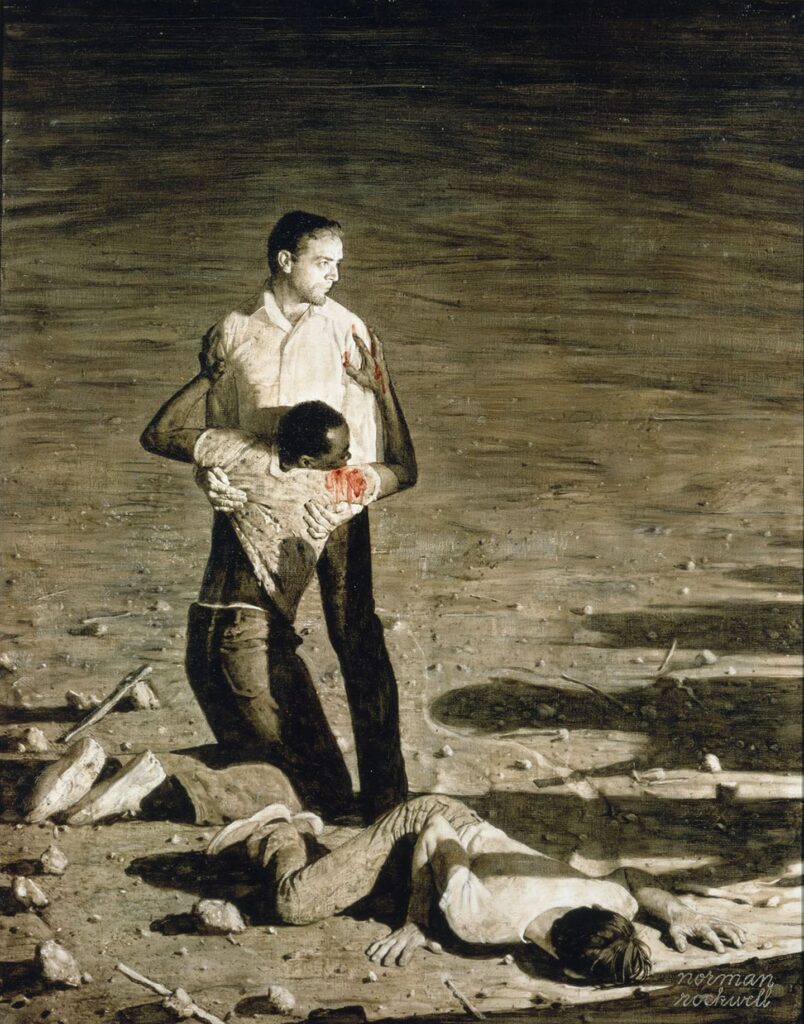
A respect for children is a constant theme in Rockwell’s work. Here, he uses a child’s point of view to tackle the complex subject of integrating white suburbs.

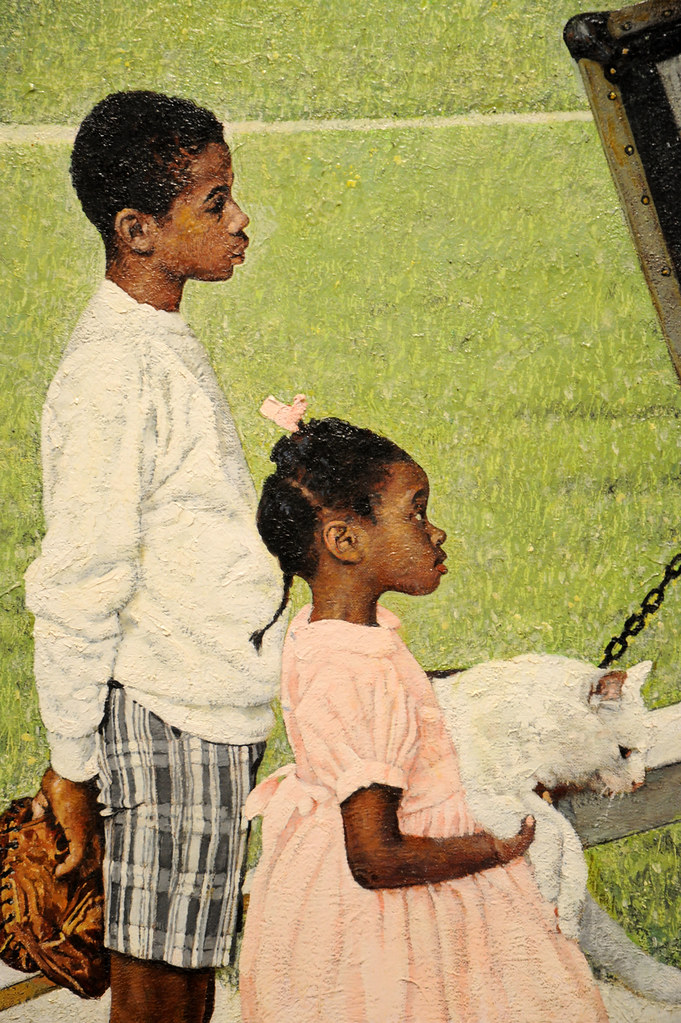
Was Rockwell perfect? Nope! But it’s important to contextualize an artist’s work, especially when they were institutionally limited from expressing their personal views. His “aesthetics” may seem conservative today, but you can’t judge an artist’s politics by aesthetics alone.
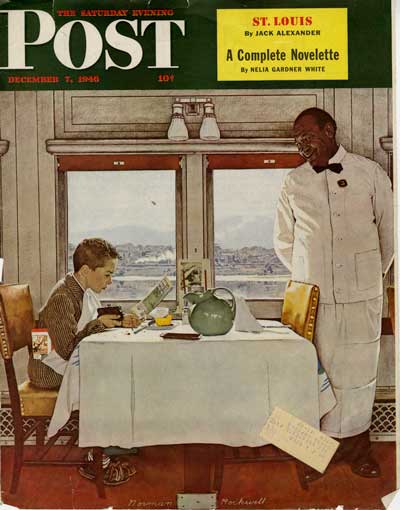
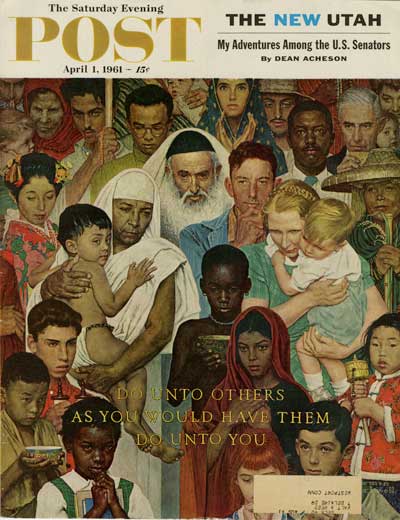
Norman Rockwell was an American illustrator, famous in his day, and still familiar to most Americans. He was known for his slice-of-life magazine covers for The Saturday Evening Post, from the 1920s-1950s. Today he’s considered an important 20th century painter
